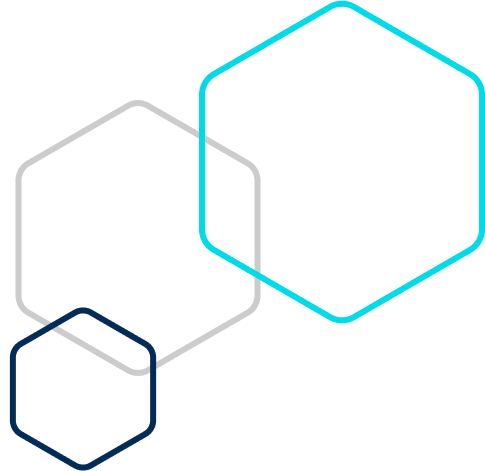Source:
NBCon
May 21, 2024
Scarlett Johansson recently expressed her dismay at OpenAI, the artificial intelligence research lab, for the unauthorized use of a voice resembling hers in their latest chatbot system, GPT-4o. Johansson, who had declined a previous offer from OpenAI's Sam Altman to lend her voice to the AI system, was surprised by the striking similarity of the 'Sky' voice to her own, which sparked speculation and discomfort among her peers and the media. Despite the company's claims that the voice was not an imitation and was recorded by a professional actor, the incident fueled debates about voice cloning technology and its ethical implications.
The controversy arose after the 'Sky' voice was featured in a GPT-4o demo, drawing immediate comparisons to Johansson's portrayal of an AI voice in the movie 'Her.' In response to her hiring legal counsel and her inquiries into the methods used to develop the voice, OpenAI made the decision to pause the use of 'Sky.' As the issue unfolds, it has brought to light the broader concerns of deepfake technology and the need for legislation to safeguard individuals' rights in the digital realm, including their voices and likenesses.
Coinciding with this personal controversy, there have been questions about OpenAI's commitment to the ethical development of AI technology. Notably, CNBC reported that OpenAI disbanded its team focusing on long-term AI risks, and key figures like Sutskever and Leike left the company. The incident has prompted SAG-AFTRA, the union for film and television performers, to voice their support for Johansson and call for clearer and more robust protections in this technological field where the lines between reality and imitation are increasingly blurred.




